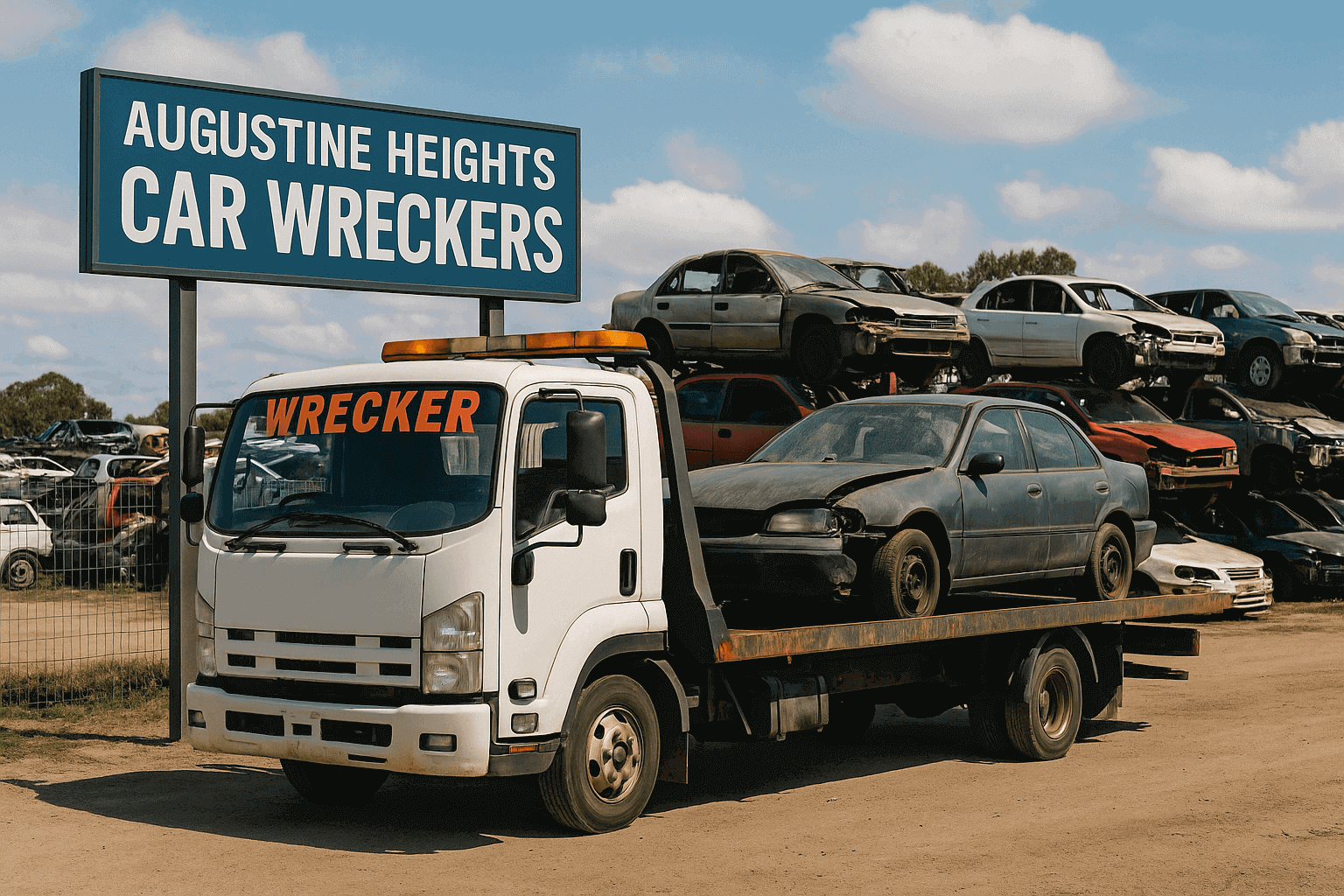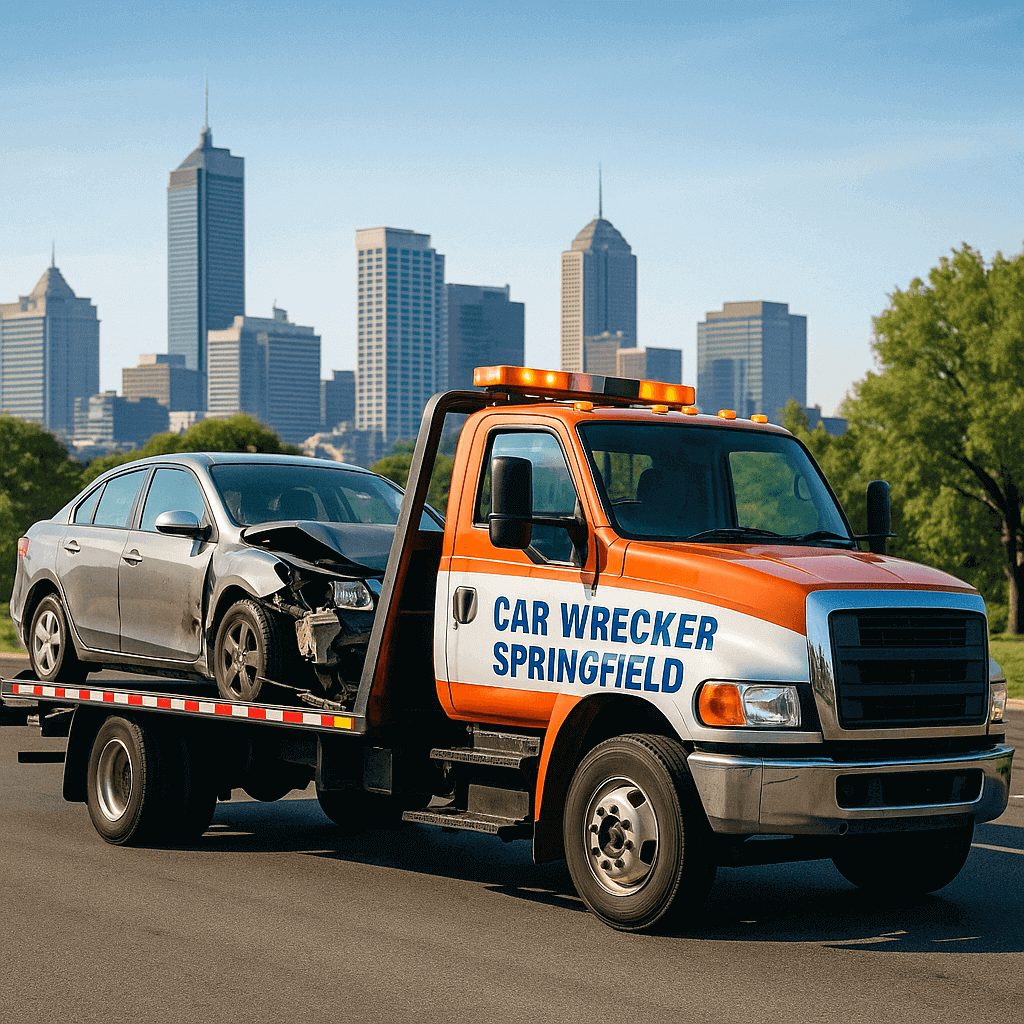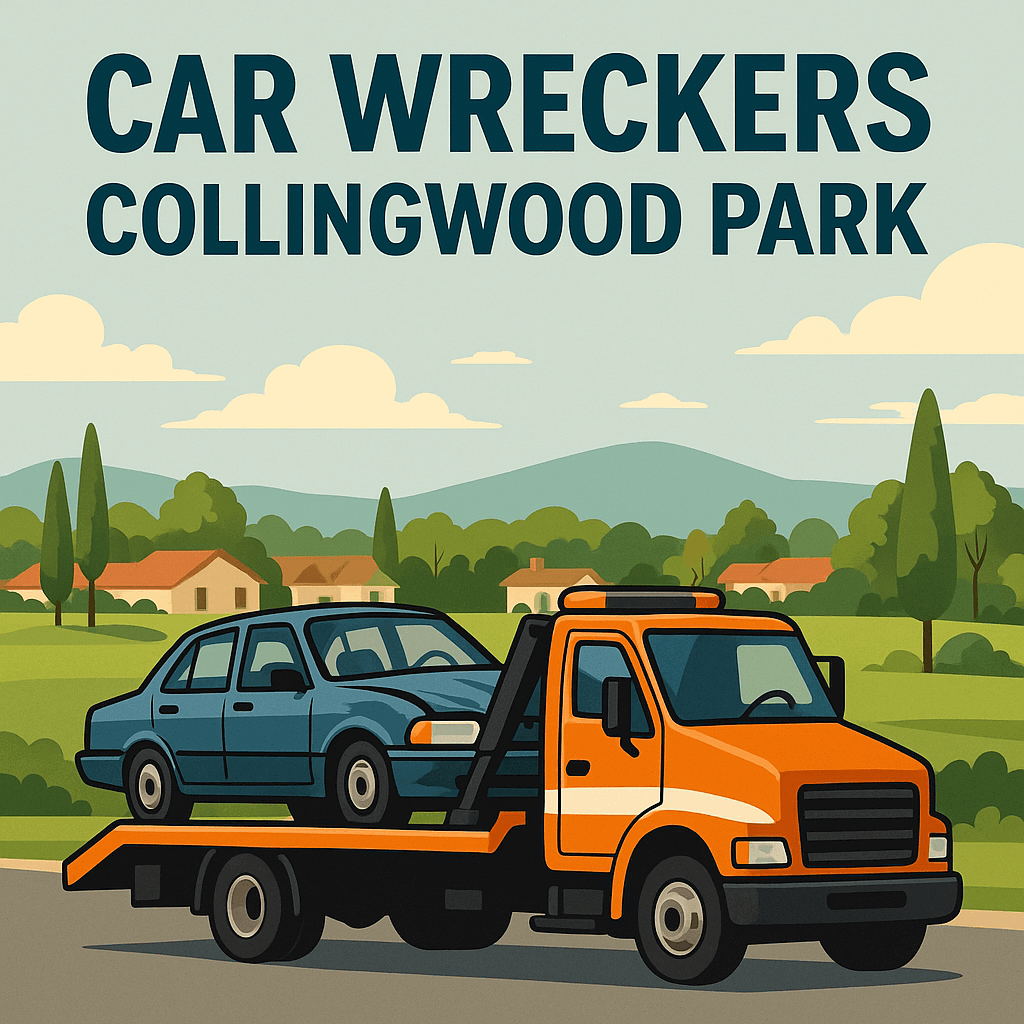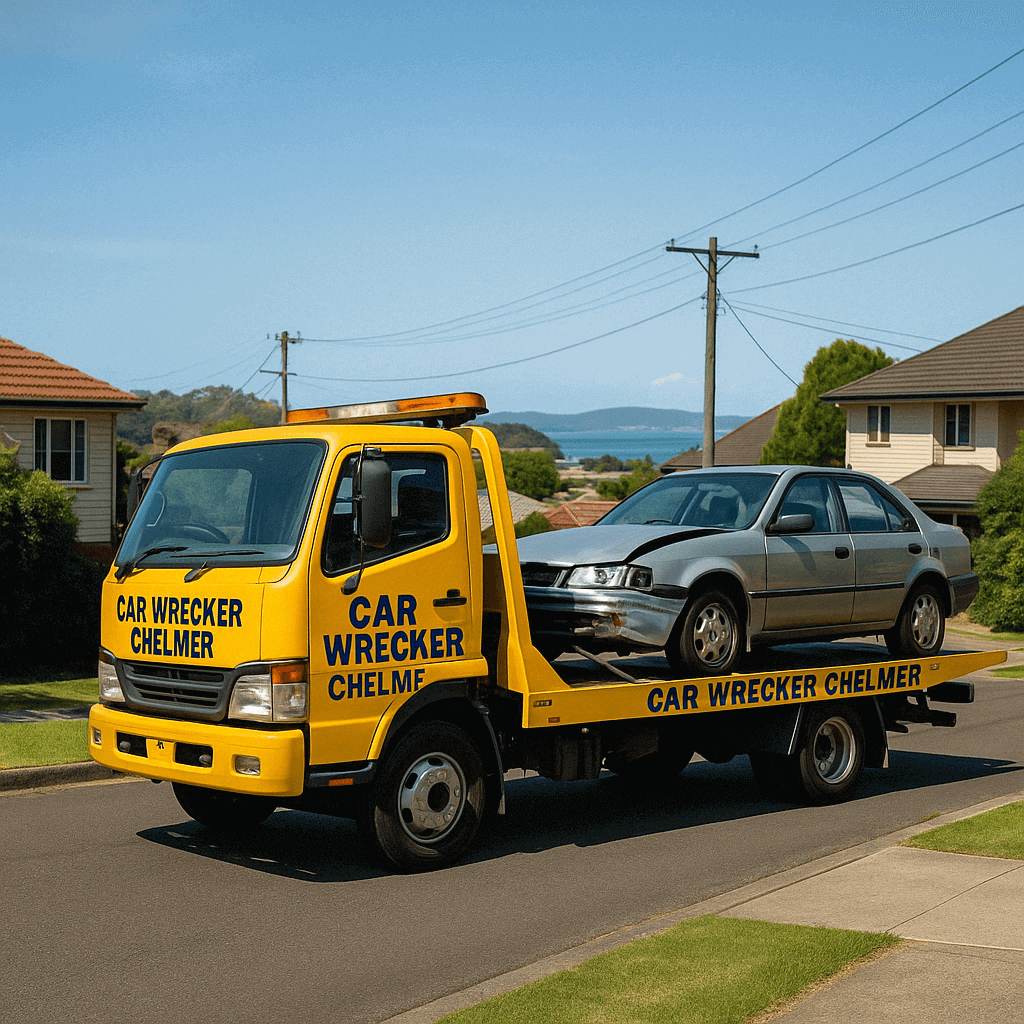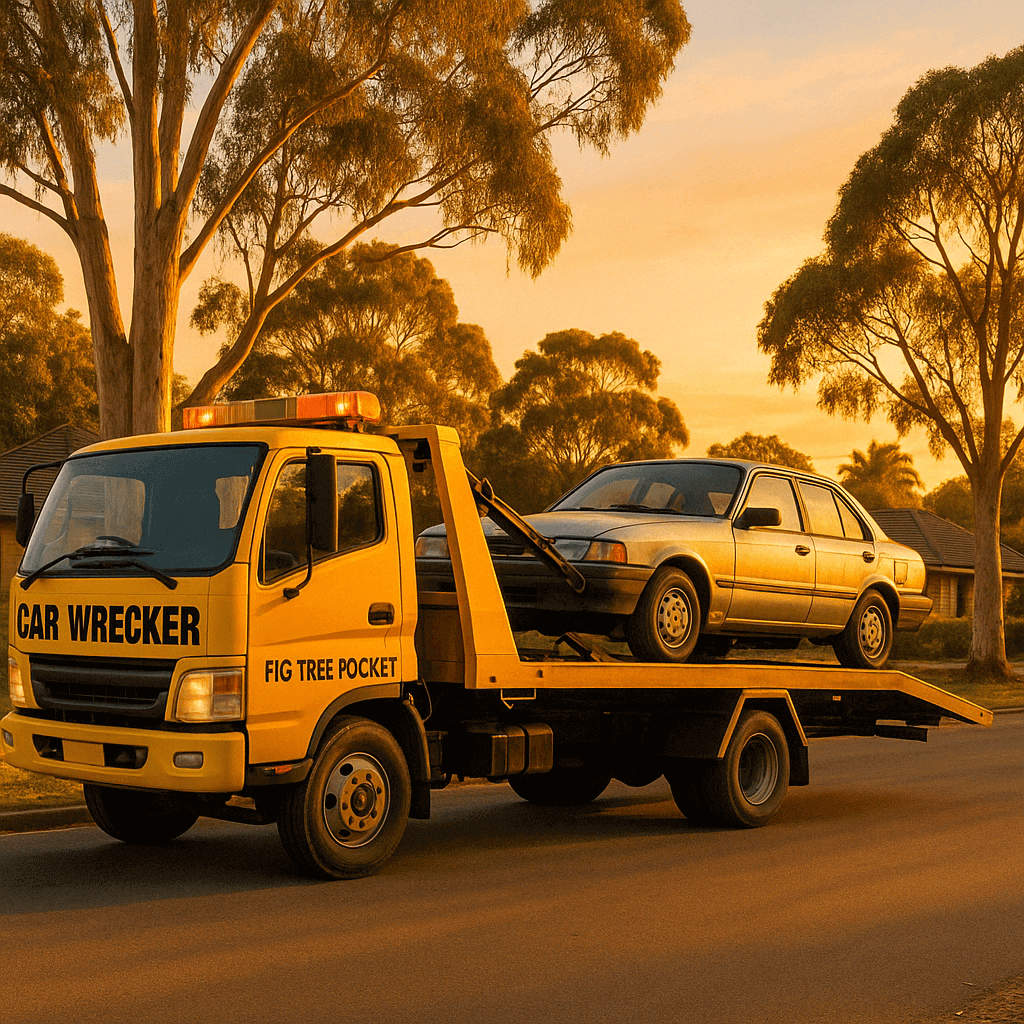Exploring Car Wrecking Options
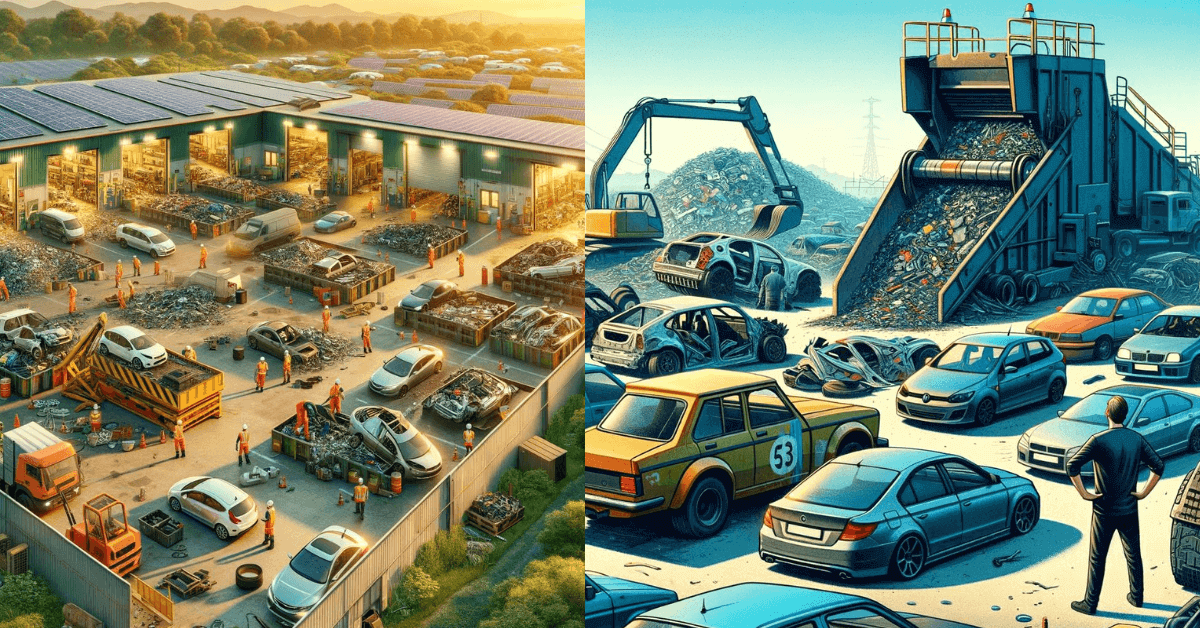
Car wrecking, also known as auto dismantling or vehicle recycling, is the process of dismantling and recycling vehicles for their parts or scrap metal. It’s a crucial aspect of the automotive industry, offering various options for disposing of old, damaged, or unwanted vehicles. In this article, we’ll delve into the different car wrecking options available, from traditional methods to modern alternatives, and explore their benefits, considerations, and environmental impact.
What is Car Wrecking?
Car wrecking involves dismantling vehicles to salvage usable parts or materials, such as metal, rubber, and plastic, for recycling or resale purposes. This process helps reduce waste and contributes to the sustainable use of automotive resources.
Importance of Car Wrecking Options
Proper disposal of end-of-life vehicles is essential for environmental protection and resource conservation. Car wrecking options provide individuals and businesses with efficient ways to manage old or damaged vehicles while minimizing their ecological footprint.
Traditional Methods of Car Wrecking
In the past, traditional methods such as selling to salvage yards or scrapyards were standard practices for disposing of old vehicles.
Salvage Yards
Salvage yards purchase vehicles, either whole or in parts, for resale or recycling. They often serve as valuable resources for individuals seeking used car parts at affordable prices.
Selling to Scrapyards
Scrapyards buy vehicles primarily for scrap metal purposes. They dismantle the cars and sell the metal for recycling, contributing to the circular economy.
Private Sales for Parts
Another traditional approach involves selling individual parts directly to consumers or automotive repair shops. This method requires more effort but can yield higher returns for valuable components.
Modern Car Wrecking Alternatives
With the advent of technology and changes in consumer behavior, modern alternatives to traditional car-wrecking methods have emerged.
Online Platforms for Selling Used Parts
Online marketplaces provide a convenient platform for selling used car parts to a broad audience. Websites and apps dedicated to automotive sales facilitate transactions between sellers and buyers, expanding the reach of potential customers.
Car Wrecking Services
Specialized car wrecking services offer comprehensive solutions for disposing of old vehicles. They handle the entire process, from assessment to dismantling, providing convenience for vehicle owners.
Donating to Charities
Some organizations accept vehicle donations for charitable purposes. Donating a vehicle not only supports a good cause but also allows for a tax deduction in certain jurisdictions.
Factors to Consider When Choosing a Car Wrecking Option
When deciding on a car wrecking option, several factors should be taken into account to ensure the most suitable choice for your needs.
Condition of the Vehicle
The condition of the vehicle, including its age, mileage, and extent of damage, influences the available wrecking options and their potential returns.
Timeframe for Disposal
Consideration should be given to the urgency of disposing of the vehicle and the time required for each wrecking method.
Environmental Impact
Evaluate the environmental implications of each option, such as recycling potential and carbon emissions.
Financial Considerations
Assess the financial aspects, including potential earnings from selling parts or scrap metal, as well as any associated costs or fees.
Benefits of Different Car Wrecking Methods
Each car wrecking method offers unique benefits that cater to different needs and preferences.
Convenience
Modern car wrecking alternatives provide convenience and efficiency, saving time and effort for vehicle owners.
Environmental Sustainability
By recycling vehicles and reducing waste, car wrecking contributes to environmental sustainability and resource conservation.
Potential Financial Gains
Selling parts or scrap metal from old vehicles can generate additional income or offset the cost of vehicle disposal.
Tips for Maximizing Returns from Car Wrecking
To make the most out of car wrecking options, consider implementing the following tips and strategies.
Properly Assessing the Value of the Vehicle
Accurately evaluate the condition and market value of the vehicle to determine its worth and potential returns.
Negotiating with Wrecking Yards
Engage in negotiations with salvage yards or wrecking services to secure favorable terms and maximize earnings.
Utilizing Online Resources Effectively
Take advantage of online platforms and resources to reach a broader audience and streamline the selling process.
FAQs
Yes, many junkyards will accept non-drivable vehicles for salvage.
Yes, components such as engines, transmissions, and body panels are often in high demand.
Consider factors such as the condition of your car, potential earnings, and environmental impact before deciding.
Yes, many charities accept vehicles in any condition, including those damaged in accidents.
Yes, reputable charities will provide you with the necessary documentation to claim a tax deduction for your donation.
Conclusion
Exploring car wrecking options provides individuals and businesses with practical solutions for disposing of old, damaged, or unwanted vehicles. By considering factors such as condition, timeframe, and environmental impact, stakeholders can make informed decisions that align with their needs and values. Whether opting for traditional methods or embracing modern alternatives, the benefits of car wrecking extend beyond mere disposal, contributing to resource conservation and environmental sustainability.

